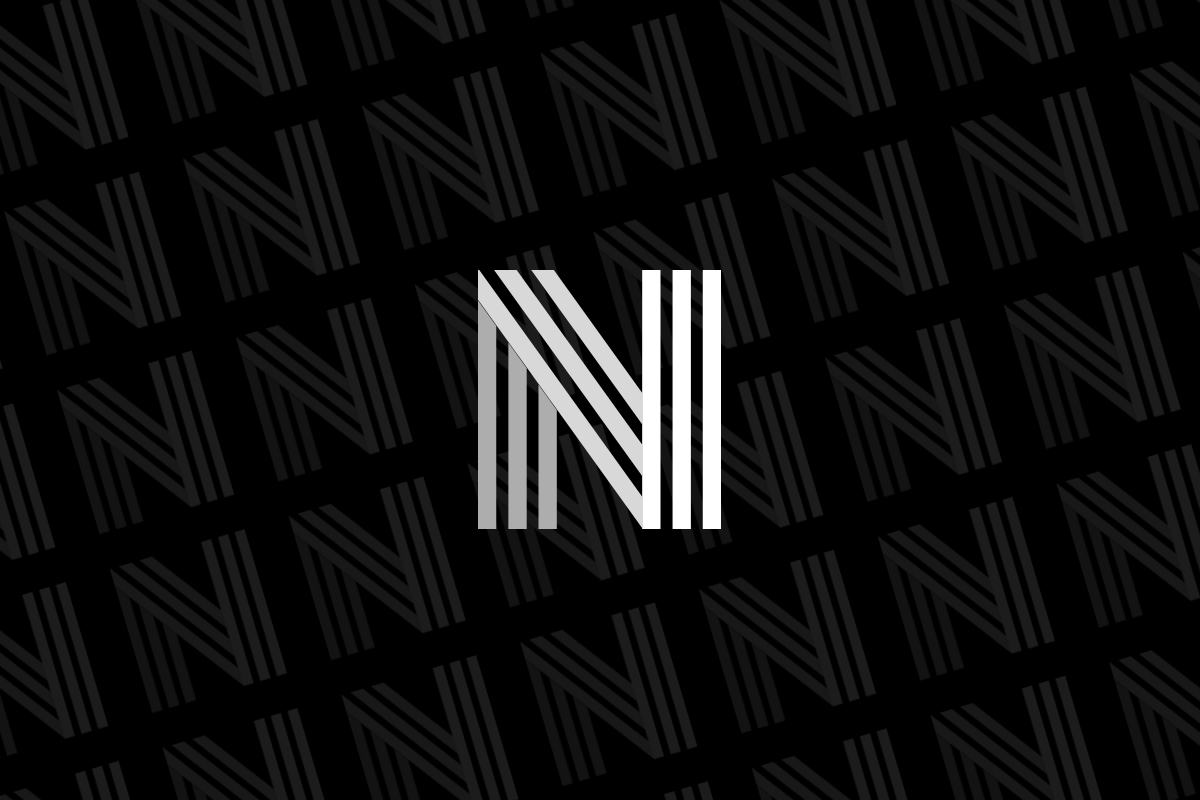World’s richest man has been voicing support for Germany’s far-right AfD party while insulting its current leaders
When the German chancellor, Olaf Scholz, was asked in an interview about the barrage of insults being directed at him and other German leaders by Elon Musk, the world’s richest man, his reply was: “Don’t feed the troll.”
Speaking to German weekly Stern, Scholz described the criticisms as nothing new. “You have to stay cool,” he said in the interview. “As Social Democrats, we have long been used to the fact that there are rich media entrepreneurs who do not appreciate social democratic politics – and do not hide their opinions.”
He said he would make no efforts to engage with Musk, who has endorsed the far-right Alternative für Deutschland (AfD) in next month’s federal elections and will host a live discussion on his social media platform X with its candidate for chancellor, Alice Weidel. “I don’t believe in courting Mr Musk’s favour. I’m happy to leave that to others,” he said. “The rule is: don’t feed the troll.”
It was the chancellor’s most direct response to Musk, coming days after he urged voters not to let the “owners of social media channels” decide the outcome of the general election in a New Year’s Eve address that did not mention Musk by name or his platform X.
Since taking the reins of X, Musk has increasingly seized on the social media platform’s global reach to push his own political views. After spending a quarter of a billion dollars to help secure Donald Trump’s return to the White House, Musk has used his influence to back far-right and anti-establishment parties across the continent, while attacking some of its most prominent centre-left leaders.
In November, after the collapse of Scholz’s centre-left coalition, Musk called the chancellor a “fool” on X, reiterating the criticism after five people were killed and more than 200 injured in a Christmas market attack allegedly carried out by a Saudi-born assailant with far-right sympathies.
As 2024 drew to a close, Musk again took aim at Scholz, offering his view on the outcome of Germany’s upcoming election on 23 February: “Chancellor Oaf Schitz or whatever his name is will lose.”
In recent days Musk has waded into UK politics, calling on King Charles to step in and dissolve parliament amid criticism of the government’s handling of a historical child grooming scandal.
Scholz brushed off the comments aimed at him, pointing instead to Musk’s endorsement of the AfD. “What I find much more worrying than such insults is that Musk is supporting a party like the AfD, which is in parts rightwing extremist, which preaches rapprochement with Putin’s Russia and wants to weaken transatlantic relations,” said Scholz.
Musk’s foray into the politics of Europe’s top economy has sparked outrage in Germany and accusations of interference.
His support for the AfD – last month, he wrote on social media that “Only the AfD can save Germany” – comes months after the party was expelled from a pan-European parliamentary group of populist far-right parties after a string of controversies, including a comment by a senior AfD figure that the Nazi SS were “not all criminals”. Elements of the party have been classed as rightwing extremists by Germany’s domestic intelligence services.
Sign up to This is Europe
The most pressing stories and debates for Europeans – from identity to economics to the environment
The party is polling second ahead of the general election and a strong showing for the party could complicate coalition building, as mainstream parties have ruled out collaborating with the AfD at state or federal level.
Scholz also used the interview to hit back at Musk’s description last month of the federal president, Frank-Walter Steinmeier, as an “anti-democratic tyrant”.
“The German president is not an anti-democratic tyrant and Germany is a strong and stable democracy – never mind what Mr Musk says,” said Scholz: “In Germany, the will of the citizens prevails, not the erratic comments of a billionaire from the USA.”
In addition to his involvement in German and UK politics, Musk has also held talks with Hungary’s Viktor Orbán, whose government has been under an EU sanctions procedure since 2018 for posing a “systemic threat” to democracy and the rule of law, criticised the judges who annulled Romania’s presidential election over suspicions of Russian interference, and enthusiastically supported Italy’s far-right prime minister, Giorgia Meloni.
Source: www.theguardian.com
